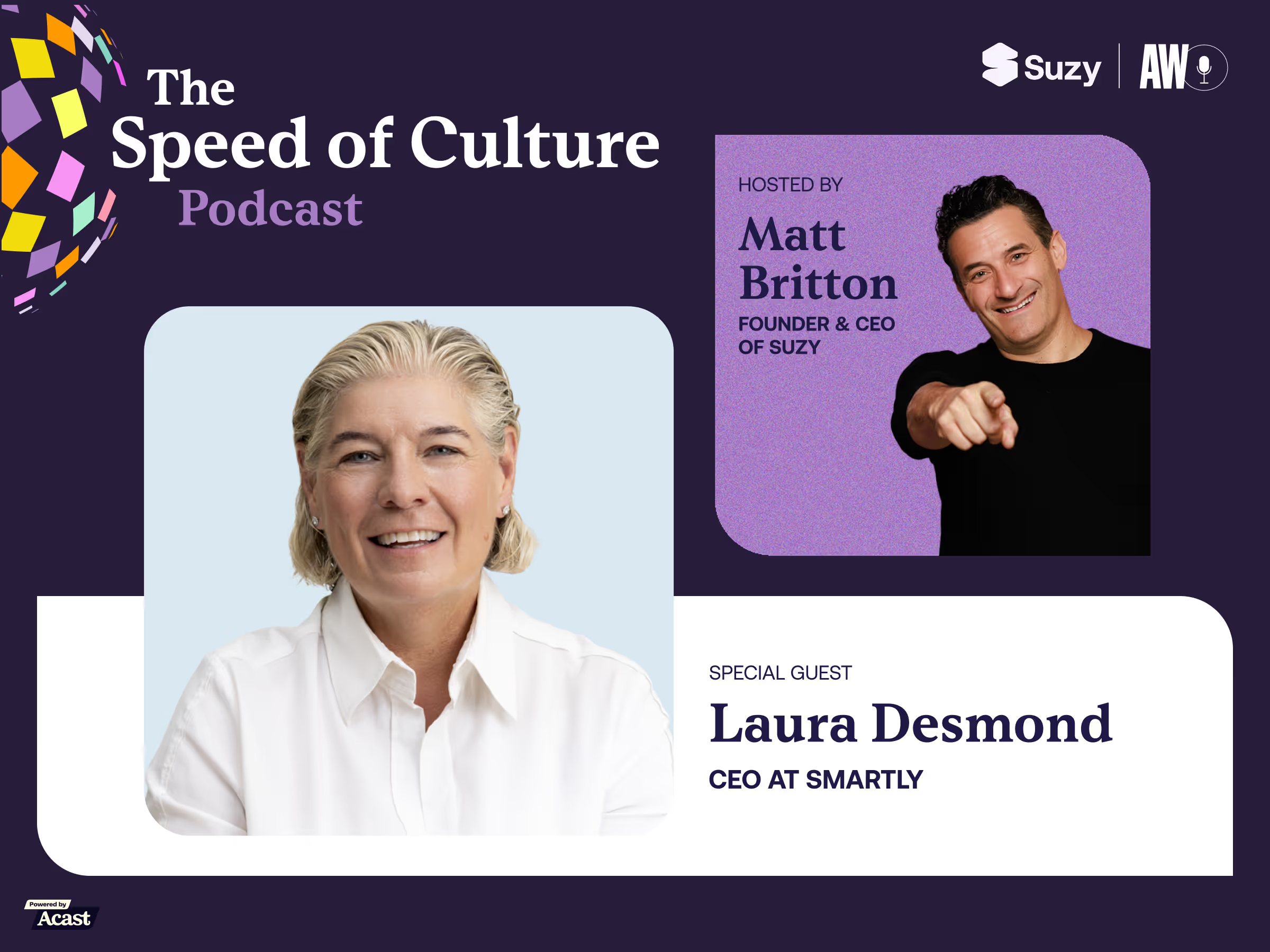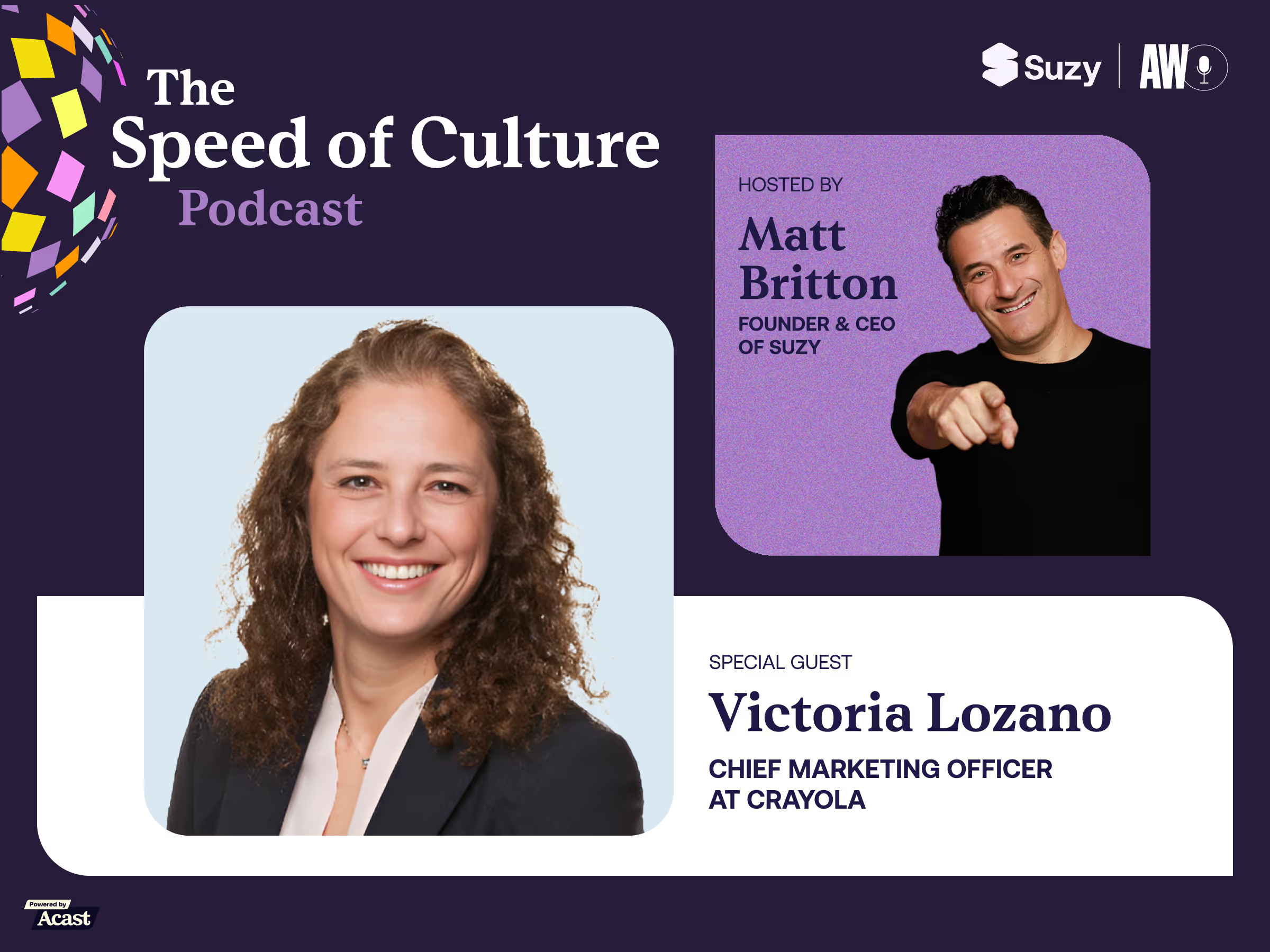“I think it's keeping on the pulse of what's happening, what consumers are looking for, and then having the guts to test out some of these things—and understanding some are going to work, some are not going to work, and that's okay.”
— Allyson Witherspoon
Over the past decade, the automotive industry has changed dramatically. First, it was the rise of electric vehicles, but now we are seeing an increase in software-defined vehicles, all driven by consumer needs. To gain insights into how the company is adapting its marketing strategies to align with shifting consumer trends, we spoke to Nissan's Corporate VP and Global CMO, Allyson Witherspoon.
Allyson has over two decades of experience crafting marketing campaigns for car manufacturers including Mercedes Benz and INFINITI Motor Company. Her seven-year tenure at Nissan has seen her rise to the position of Corporate Vice President and Global Chief Marketing Officer. Recognized for her exceptional contributions to the field, Allyson has earned a spot on the list of Top 100 Women in Brand Marketing for two consecutive years, highlighting her significant impact and leadership in the marketing domain.
Tune into the latest episode or read the transcript below to learn more. Here are some top takeaways:
- Meeting Customer Expectations with Software-Defined Vehicles
The automotive industry is known for its traditionally lengthy research and development cycles, often surpassing five years. However, recent shifts in consumer expectations have led to a significant reduction in these timeframes. As a result, there's a growing demand for software-defined vehicles capable of receiving upgrades within a single year, fostering more dynamic and responsive consumer experiences. Automotive companies should consider accelerating their R&D processes and integrating software agility into their vehicles to meet modern consumer demands.
- A Consumer-Centric Approach to Software Design
When Nissan decides whether to develop software in-house or outsource it, they focus on what best meets consumer needs. The decision depends on their own expertise versus the advantages of partnering with external companies, like their collaboration with Google Assistant. The approach also varies based on the software, target customers, and specific vehicle models. To ensure success, Nissan segments their customers based on their needs when introducing new experiences or vehicles. Companies should balance their own skills with the benefits of external partnerships.
- Brands Need to Focus on Personalization
Marketing in the automotive industry has evolved significantly in the last decade, putting the consumer in the driver's seat. Today, it's essential for companies to meet consumers where they are, fostering a two-way conversation rather than delivering a one-sided sales pitch. With so many different ways of communicating, personalization has become crucial. Brands should invest in understanding their customers' preferences and behaviors to tailor communications effectively.
- How To Manage Data Across Dealerships
Nissan does not sell directly; they sell through dealerships, which makes obtaining first-party data a challenge. When someone buys a car, their information is saved, but it might not include all the details from their dealership visits. To fix this, Nissan now focuses on the lifetime value of a customer. Since people usually keep their cars for about ten years, Nissan aims to keep in touch with customers over this time to encourage them to stick with Nissan for their next purchase. Companies should always consider long-term relationship building to help keep customers loyal to the brand.
- Keep On Top of Consumer Trends
COVID-19 changed consumer behavior worldwide, making people more intentional about the brands they support. Not afraid to try new strategies, Nissan noticed this trend and shifted to focusing more on their brand image rather than offering incentives. Businesses need to listen to their customers and be flexible in their approach. Adapting to global changes in consumer preferences can help a brand stay relevant and maintain customer loyalty.
.webp)







